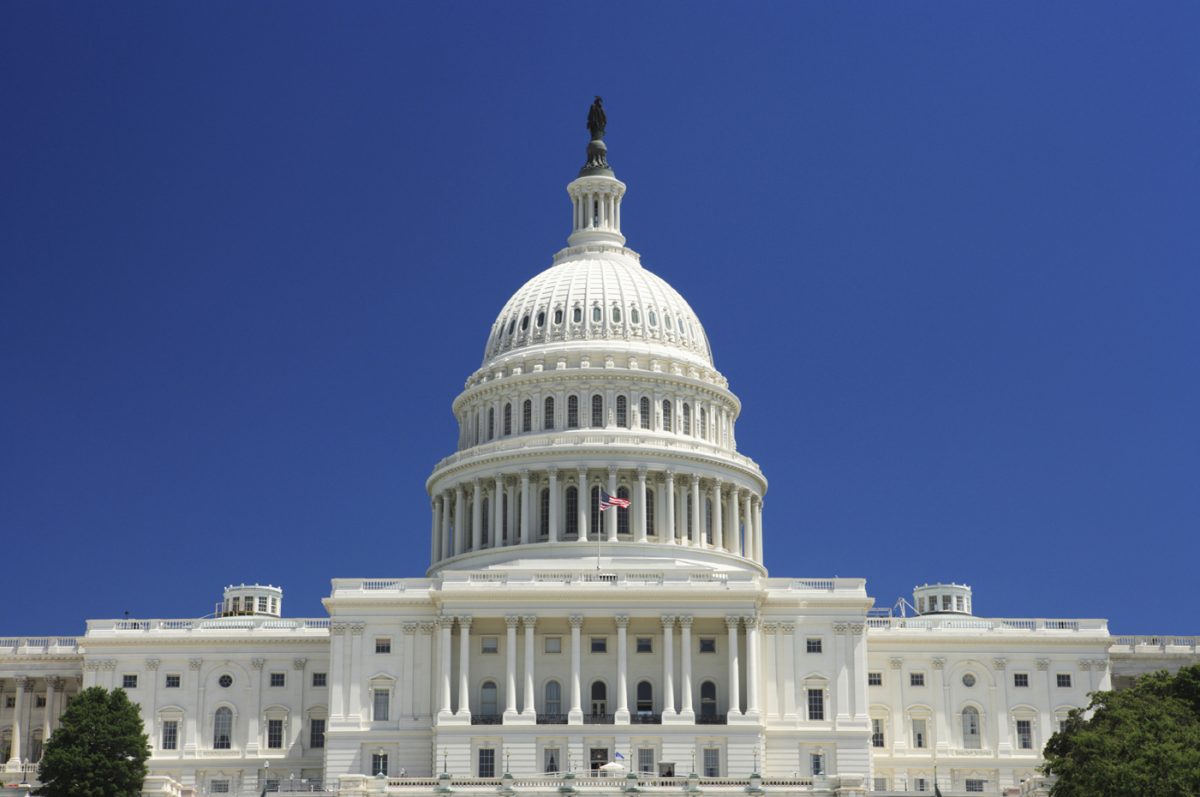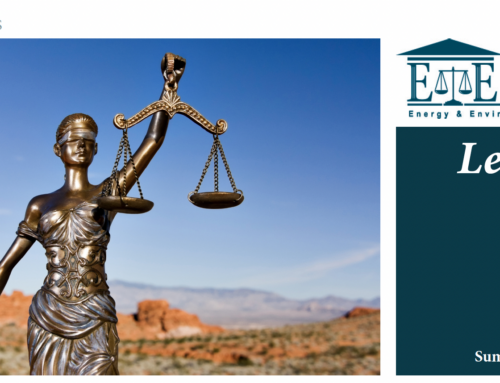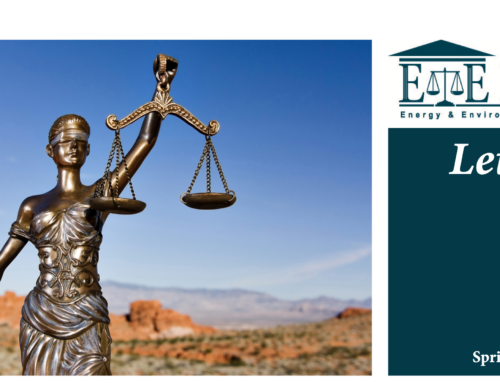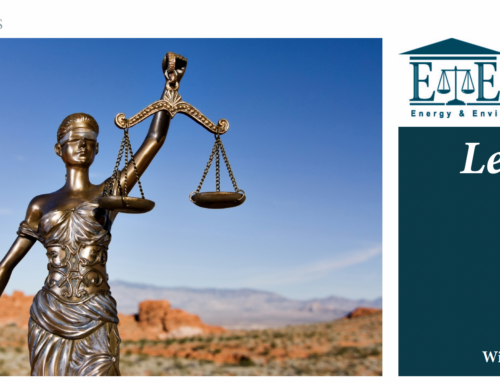The 2014 midterm elections brought sweeping changes to Washington with the U.S. Senate switching parties, and the GOP expanding their majority in the U.S. House. Big changes on the energy and environment front were seen immediately as the lame duck session returned to the nation’s capital to attempt to finish up some old business. The Keystone XL Pipeline was the most visible of the energy issues, although other important legislation also saw significant congressional action, including the following:
FOIA Bill Clears Senate Committee
Congress is again contemplating serious revisions to FOIA. The week of November 17, the Senate Judiciary Committee approved a bill by a voice vote that would enshrine the “presumption of openness” into law, create a new federal FOIA Council, and put into place a more liberal scheme for fee waivers. While there is broad support for the bill in the Senate, final passage seems unlikely in the lame duck session. Although E&E is always happy to see Congress consider ways to make the Freedom of Information Act work better for the public and increase access to government records, we were disappointed that this bill did not include some of the best elements found in state open records laws. In Virginia, requesters have a right to a hearing within seven days of filing an open records lawsuit. By contrast, federal litigation often takes months or years. We hope the next Congress will consider lessons learned by state government in deliberating future FOIA revisions.
The U.S. House Zeros in on How the EPA Conducts Business
On November 19, the GOP-led U.S. House passed the “Secret Science Reform Act of 2014” primarily along party lines, a measure that would prohibit the EPA from finalizing rules that are not “”transparent or reproducible.” U.S. Representative Lamar Smith (R-TX), Chair of the Committee that passed out the legislation earlier this year, explained in a press release the need for such legislation:
The EPA’s regulatory process is both hidden and flawed. It hides the data and then handpicks scientists to review it. The American people foot the bill for the EPA’s billion dollar regulations and they have the right to see the underlying data. If the EPA has nothing to hide, and if their data really justifies their regulations, why not make the information public? Data sharing is becoming increasingly common across scientific disciplines. The legislation requires that EPA science be available for validation and replication. Americans impacted by EPA regulations have a right to see the data and determine for themselves if the agency’s actions are based on sound science or a partisan agenda. This bill ensures transparency and accountability. The American people deserve the facts. And so does good policy.
Congressman Paul Gosar (R-Ariz.) proposed an amendment to the bill that would require EPA to post all scientific and technical information online and available to the public. The amendment passed successfully.
On November 18, the House passed another bill, H.R. 1422, the EPA Science Advisory Board Reform Act of 2013. As explained by the U.S. Chamber of Commerce in a letter supporting the measure, H.R. 1422 “would help ensure that the Science Advisory Board (SAB), which directly counsels the U.S. Environmental Protection Agency (EPA) on scientific and technical issues, is unbiased and transparent in performing its duties. The bill would establish requirements that SAB members are qualified experts, that conflicts of interest and sources of bias are disclosed, that the views of members—including dissenting members—are available to the public, and that the public has the opportunity to participate in the advisory activities of the Board and view EPA’s responses.”






